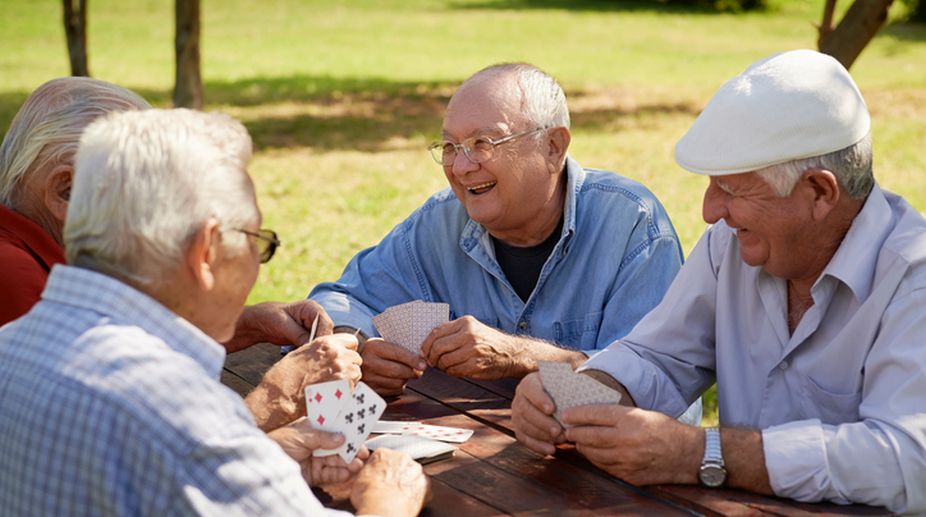
Elders are in a distinctive position within society worldwide. In certain cultures, they are held in high regard as living repositories of wisdom, while in others, they discreetly retire, frequently withdrawing from the center of public and familial life. The contrast between **retirement** and **reverence** reveals a more profound cultural divide in the way societies define dignity in later life, value experience, and perceive aging.
Elders as Pillars of Wisdom: Reverence
The elders are held in high regard in numerous Asian, African, and Indigenous cultures, particularly in ASEAN countries like the Philippines, Vietnam, and Myanmar. They are perceived as **guardians of tradition, community advisors, and moral anchors**, in addition to being elder individuals.
Key components of elder reverence:
* **Cultural authority:** Elders are sought out for guidance on spiritual matters, community matters, and family decisions. * **Storytelling and tradition:** They transmit ancestral knowledge, rituals, and oral history to younger generations.
* **Active roles in family life:** Grandparents frequently assist in the care of descendants and assume significant responsibilities in the administration of the household.
* **Community leadership:** Senior citizens may serve in ceremonial or advisory capacities on religious and village councils.
In these societies, aging is perceived as a natural ascent in social and moral status, rather than a decline. Elders are not only provided for, but they are also honored.
Retirement: A Retraction from Public Life
Conversely, numerous Western societies adopt a more **individualistic and institutionalized** perspective on the aging process. Although older individuals may still be appreciated, they are frequently anticipated to retire from professional pursuits and progressively diminish their involvement in social activities.
**Common attributes of retirement culture:**
* **Economic division:** Retirement frequently necessitates ceasing employment and relying on pensions or savings.
* **Self-sufficient living:** Elders may reside in retirement residences or assisted living facilities, where they may be isolated from their extended families.
* **Private life:** Elders are less frequently consulted in decision-making or regarded as central figures in family life, despite their continued respect.
* **Emphasize leisure activities:** After decades of employment, retirement is depicted as an opportunity to unwind, travel, or pursue interests.
**Loneliness and a loss of purpose** can result from this paradigm, despite its emphasis on personal freedom and leisure, particularly for older individuals who feel isolated or overlooked.
A Question of Values
The division between retirement and reverence is a product of broader cultural values.
| Value/Culture Aspect | Reverence Model (ASEAN, African, Indigenous) | Retirement Model (Western) |
|---|---|---|
| View of Aging | Gaining wisdom and status | Slowing down and stepping aside |
| Role in Family | Central and active | Often peripheral or independent |
| Knowledge Transmission | Oral and direct to younger generations | Institutional or digital |
| Living Arrangements | Multigenerational households | Independent or in senior communities |
| Social Value | Elders as teachers, advisors, caretakers | Elders as retirees or hobbyists |
Both models possess their own advantages. Reverence fosters a strong sense of identity and intergenerational bonds, whereas retirement provides a sense of autonomy and leisure after a lifetime of labor. Nevertheless, the shortcomings are evident: elderly who are overburdened in one paradigm and isolated in the other.
Closing the Gap
Many are attempting to **combine the best of both worlds** as societies modernize and become more global.
* **Active aging initiatives** motivate seniors to mentor, teach, or volunteer.
* **Multigenerational housing** is gaining popularity in urban areas where cost and connectivity are significant.
* **Digital literacy programs** assist elderly individuals in remaining engaged in a world that is rapidly evolving.
* **Respect campaigns** in Western countries are designed to emphasize the importance of the wisdom and experience of the elderly.
As **cultural anchors and emotional guides**, younger generations are also rediscovering the significance of their elders—not merely as pensioners or caretakers***.
In conclusion,
The values and priorities of a society are reflected in the role of elders. The fundamental inquiry remains: how do we pay tribute to those who preceded us, regardless of whether they are regarded with reverence or ushered into retirement?
The future should not be a matter of deciding between retirement and reverence. It should be about **establishing a space for elderly to live with dignity, purpose, and connection**, whether they are providing advice at a village gathering or savoring a well-deserved rest with family in close proximity. True reverence is not merely expressed in words; it is also demonstrated by ensuring that elders are visible, valued, and essential to the community.
Leave a Reply